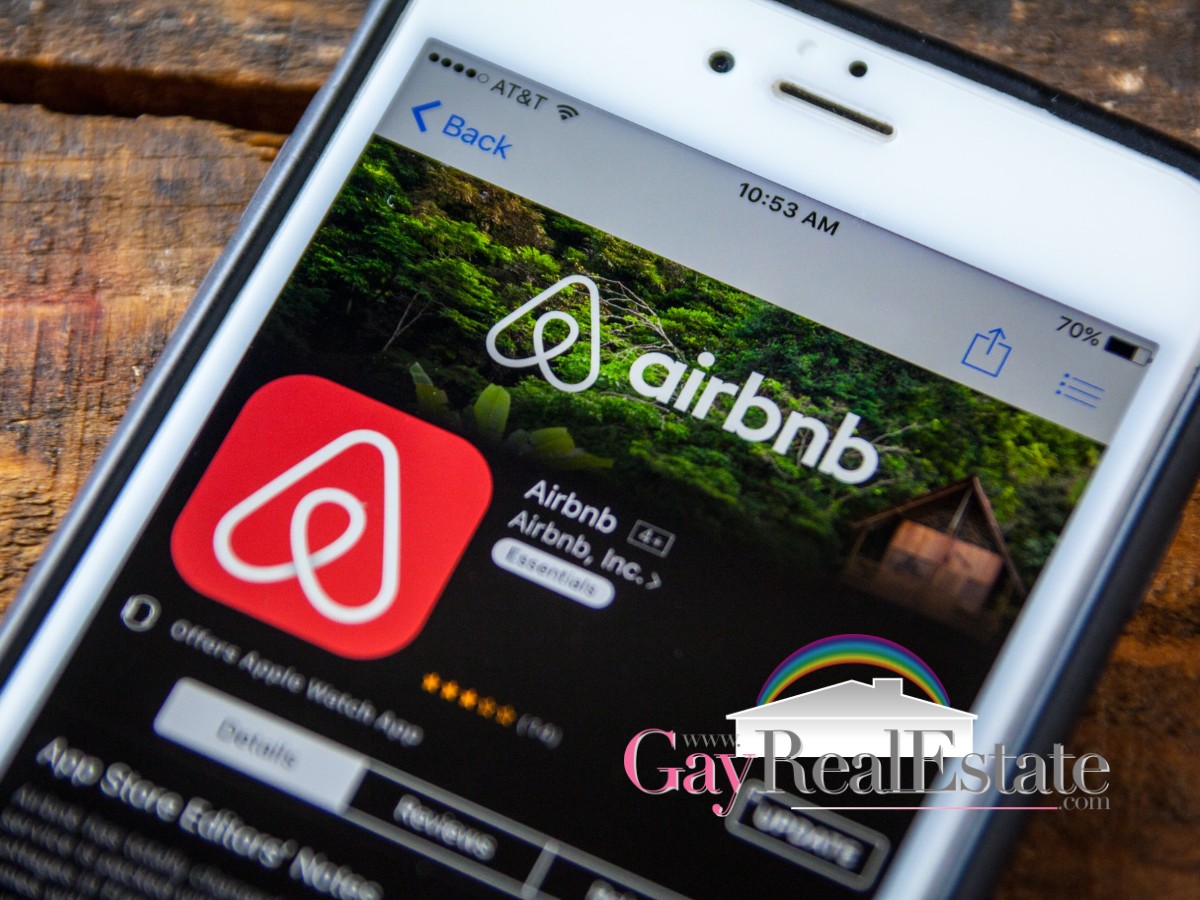The rise of Airbnb has revolutionized the way people travel and experience new destinations. For homeowners, it presents an opportunity to generate additional income by hosting guests in their properties. However, becoming an Airbnb host also comes with its share of challenges and risks.
In this blog post, we’ll explore the potential benefits and pitfalls associated with opening an Airbnb, helping you decide whether this venture is right for you.
- The Potential of Airbnb Hosting
a. Income generation
One of the most significant advantages of hosting on Airbnb is the potential to generate extra income. By renting out a room, a guest suite, or an entire property, hosts can earn money to help cover mortgage payments, property maintenance costs, and other expenses. Experience the convenience of gaming on the go with ทางเข้า UFABET มือถือ, your gateway to non-stop entertainment and big wins.
b. Flexibility
Airbnb hosting offers a flexible way to monetize your property. You can choose when to rent your space, set your own prices, and establish your own house rules, giving you control over your hosting experience.
c. Meeting new people
Hosting on Airbnb provides an opportunity to meet travelers from around the world, fostering new friendships and cultural exchanges.
d. Local economy support
By attracting tourists to your area, you contribute to the local economy by promoting local businesses, restaurants, and attractions.
- The Pitfalls of Airbnb Hosting
a. Time and effort
Managing an Airbnb listing can be time-consuming and require a significant amount of effort. From creating an appealing listing to communicating with guests, cleaning, and handling maintenance issues, hosting can be demanding. To ensure a top-notch experience, don’t overlook the importance of regular pest control in maintaining a welcoming and comfortable environment.
b. Legal and regulatory compliance
Airbnb hosts must navigate local laws, regulations, and zoning restrictions, which can vary greatly by location. It’s crucial to research and adhere to your area’s specific requirements, as noncompliance can result in fines or legal action.
c. Unpredictable guests
While most Airbnb guests are respectful and responsible, hosting strangers in your property comes with the inherent risk of encountering problematic guests who may damage your property, disturb neighbors, or violate house rules.
d. Increased wear and tear
Renting out your property on a regular basis can lead to increased wear and tear, requiring more frequent maintenance and repairs.
e. Potential impact on property value and insurance
Hosting an Airbnb may affect your property’s value, as some buyers may be hesitant to purchase a home that has been frequently rented out. Additionally, your homeowner’s insurance policy may not cover damages caused by short-term renters, necessitating the purchase of additional coverage.
Opening an Airbnb presents both opportunities and risks for homeowners. The potential for income generation, flexibility, and community engagement are enticing benefits, while the challenges of time and effort, legal compliance, unpredictable guests, and increased wear and tear must also be considered.
By carefully evaluating the pros and cons, and speaking with a real estate professional at GayRealEstate.com, you can make an informed decision about whether becoming an Airbnb host aligns with your goals and lifestyle.
Jeff Hammerberg is a distinguished entrepreneur and broker, and the visionary founder of GayRealEstate.com. For over 25 years, he has been a prolific writer, coach, and author who has been instrumental in advancing the cause of fair, honest, and equitable representation for all members of the LGBTQ+ community in real estate matters. GayRealEstate.com, which he established, is the largest and longest-running gay real estate agent referral service in the nation, boasting over 3500 LGBTQ+ realtors who operate in cities across the United States, Canada and Mexico. His commitment to promoting inclusivity and accessibility in real estate has earned him a reputation as a passionate advocate for the LGBTQ+ community.



